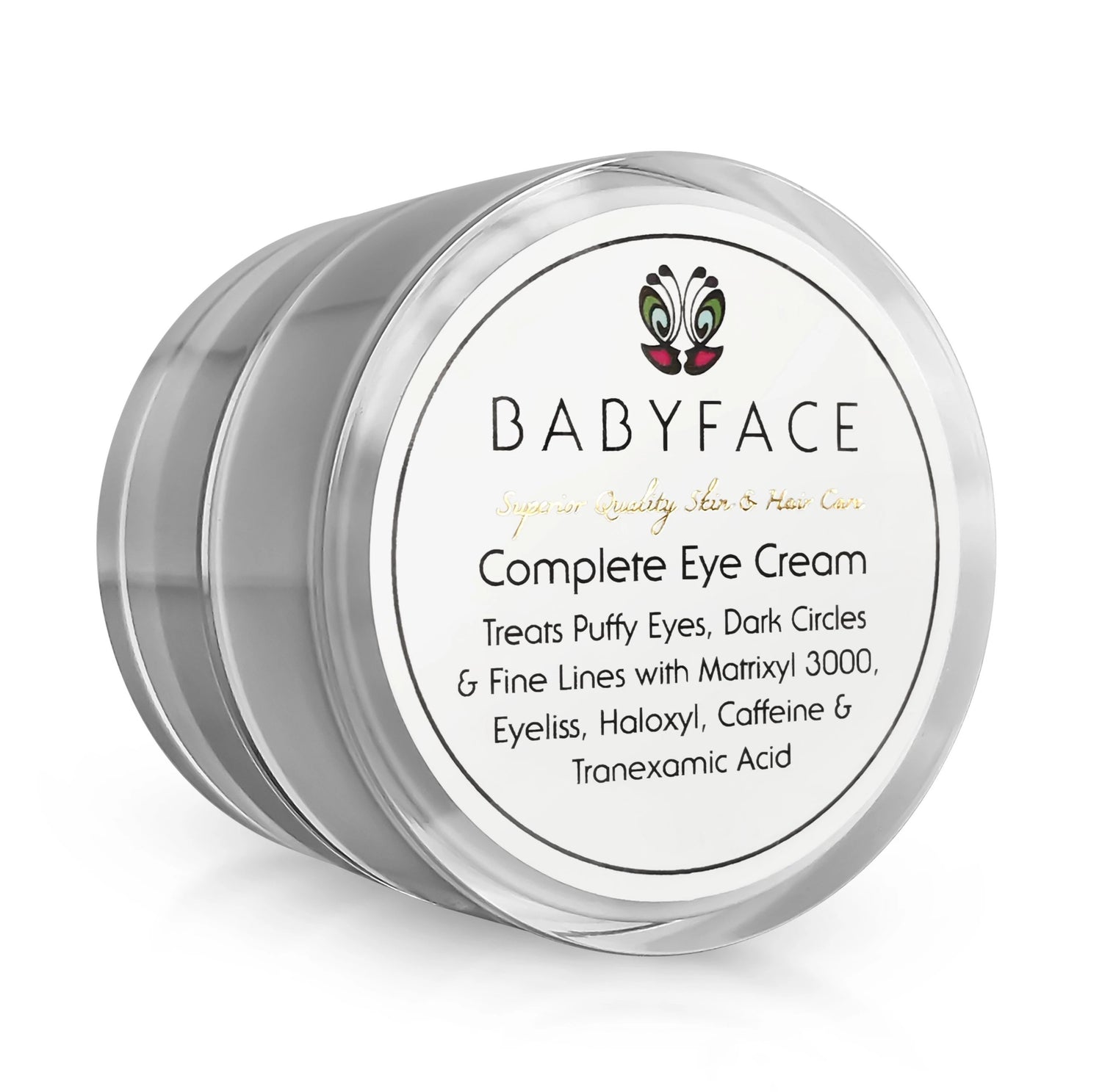Can You Use Retinol And Vitamin C Together?
Giorgia G.Share

Can you use Vitamin C and retinol together?
Rumor has it, these two anti-aging powerhouses deactivate each other, making the combo useless.
But… How can you choose between them? Retinol is the gold standard for anti-aging, whereas Vitamin C is essential for collagen production and keeping skin firm for as long as possible. Your skincare routine won’t be complete without both of them in it.
There’s no way around it. You need to find a way to help them get along. Here’s the right way to use Vitamin C and retinol together in your skincare routine:
What Is Retinol?
Retinol is a form of Vitamin A, the king of anti-aging skincare. It’s the only thing that’s been scientifically proven to reduce the wrinkles you already have - and keep new ones from forming on your face. Research shows it works in three ways:
- Antioxidant: It destroys free radicals before they give you wrinkles and dark spots
- Cellular turnover: It speeds up your skin’s natural exfoliation process to fade away fine lines and dark spots faster
- Collagen booster: It increases the production of collagen, the protein that keeps your skin firm
Retinol prevents and reduces wrinkles, fades away dark spots and helps keep your skin firmer. No way you can do without it!
What Is Vitamin C?
Vitamin C is a powerful antioxidant that helps you fight wrinkles and dark spots. Here are its superpowers:
- Antioxidant: It fights off the free radicals that cause wrinkles
- Brightener: It fades away dark spots and gives your complexion a dewy glow
- Collagen booster: It’s essential for the production of collagen, the skin-firming protein
Here’s where things get tricky: Vitamin C isn’t one ingredient. This vitamin comes in many different forms.
The pure form of Vitamin C is called L-Ascorbic Acid. It’s the most effective, but also the most unstable. It goes bad quickly and doesn’t get along with other anti-aging powerhouses, like retinol.
Vitamin C derivatives include Magnesium Ascorbyl Phosphate and Sodium Ascorbyl Phosphate. They’re a tiny bit less effective, but more stable. They have a longer shelf life and can be used with anything - retinol included.
Can You Use Retinol With L-Ascorbic Acid?
When someone says you shouldn’t mix retinol with Vitamin C, they’re talking about L-Ascorbic Acid (LAA).
Here’s the deal: retinol and LAA work better at different pH levels.
LAA needs a low pH (4 or lower) to penetrate your skin and work its magic. Retinol, on the other hand, is more effective at a skin-friendly 5.5 pH.
If you force them into the same serum, one (or both!) won’t work as well. Bummer!
But, not all hope is lost. You can still use both ingredients - just not at the same time. The best way to fit them both into your skincare routine is to use LAA during the day and retinol at night.
Can You Use Retinol And Vitamin C Derivatives Together?
Ok, so you can’t use retinol and L-Ascorbic Acid together at the same time. They don’t get along that well.
But what about other forms of Vitamin C, like Sodium Ascorbyl Phosphate? Are they compatible?
Yes. Vitamin C derivatives are gentler on the skin because they work at a skin-friendly 5.5 pH. That’s the same pH as retinol! No wonder these two get on like a house on fire.
Using products that contain both retinol and Vitamin C derivatives takes all the guesswork out of skincare. No more wondering what you can use, in what order and when. It also makes your skincare routine shorter, so you can get on with the rest of your evening.
Both our Skin Fix Toner and Serum contain retinol and Sodium Ascorbyl Phosphate, a Vitamin C derivative that tackles both wrinkles and acne.
The Bottom Line
You can totally use retinol and Vitamin C together to up your anti-aging game. The trick is to just use your LLA and retinol at different times, or, opt for a derivative with a skin-friendly pH, like Sodium Ascorbyl Phosphate. Problem solved.
